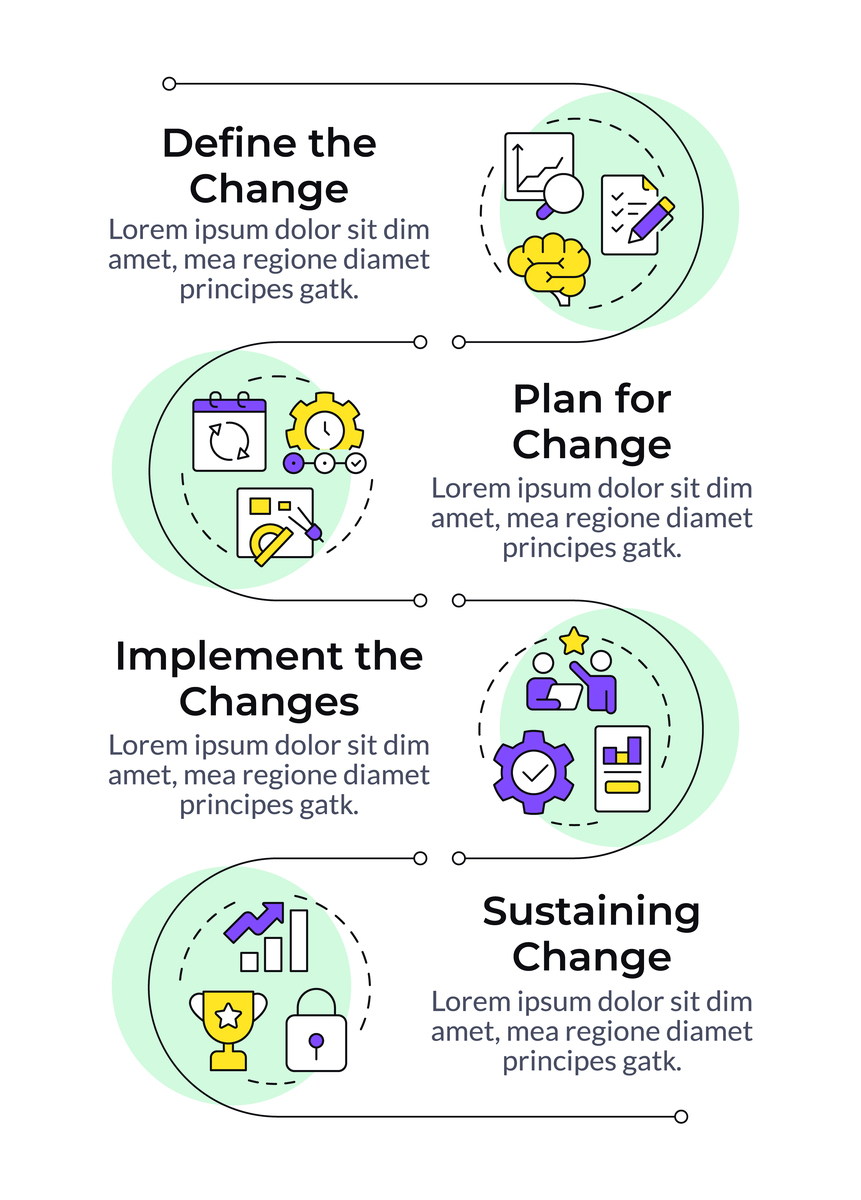AI Essay: The Future of Innovation and Ethical Considerations
Artificial intelligence (AI) is a rapidly developing field that has the potential to revolutionize various aspects of our lives. AI refers to the creation of computer systems that can perform tasks that typically require human intelligence. These systems can analyze vast amounts of data, learn from patterns, and make decisions or predictions based on the information provided. The impact of AI on society, economy, and even individual lives is immense, and it presents both challenges and opportunities.
One of the key areas where AI has made significant strides is in healthcare. AI algorithms can analyze patient data and medical records to identify patterns and make accurate diagnoses. This can lead to earlier detection of diseases, personalized treatment plans, and improved patient outcomes. AI can also be utilized to develop new drugs and therapies, revolutionizing the pharmaceutical industry and potentially saving countless lives. Additionally, AI-powered robots can assist in surgeries, reducing human error and increasing precision.
Another field that has benefited greatly from AI is transportation. Self-driving cars, utilizing AI algorithms and sensors, have the potential to reduce accidents caused by human error and increase overall road safety. AI can also optimize traffic management systems to reduce congestion and improve the efficiency of transportation networks. Furthermore, AI-powered drones have the potential to revolutionize delivery services, making them faster and more reliable.
AI has also impacted the business world, particularly in the area of data analysis and decision-making. With the ability to process and analyze vast amounts of data, AI algorithms can provide valuable insights and predictions, helping businesses make informed decisions. This can lead to improved efficiency, increased productivity, and enhanced customer satisfaction. AI-powered chatbots are also being used by companies to provide customer support, reducing the need for human intervention.
However, the rise of AI also poses ethical and societal challenges. One of the concerns is the potential job displacement due to automation. As AI systems become more advanced, certain jobs may become obsolete, leading to unemployment and income inequality. It is crucial for society to adapt to these changes and ensure that workers are equipped with the necessary skills for jobs that cannot be replaced by AI.
Another ethical concern is the potential misuse of AI. As AI becomes more powerful, there is a risk that it could be used for malicious purposes, such as cyberattacks or surveillance. It is essential to establish regulations and ethical guidelines to prevent misuse and ensure that AI is developed and used responsibly.
In conclusion, AI has the potential to revolutionize various aspects of our lives, from healthcare and transportation to business and decision-making processes. It offers incredible opportunities for advancements and improvements. However, it also poses ethical and societal challenges that need to be addressed. It is crucial for us to embrace AI while also ensuring that its development and implementation are done responsibly and ethically. With careful consideration and regulation, AI can truly transform our world for the better.

原文地址: https://www.cveoy.top/t/topic/qoRI 著作权归作者所有。请勿转载和采集!